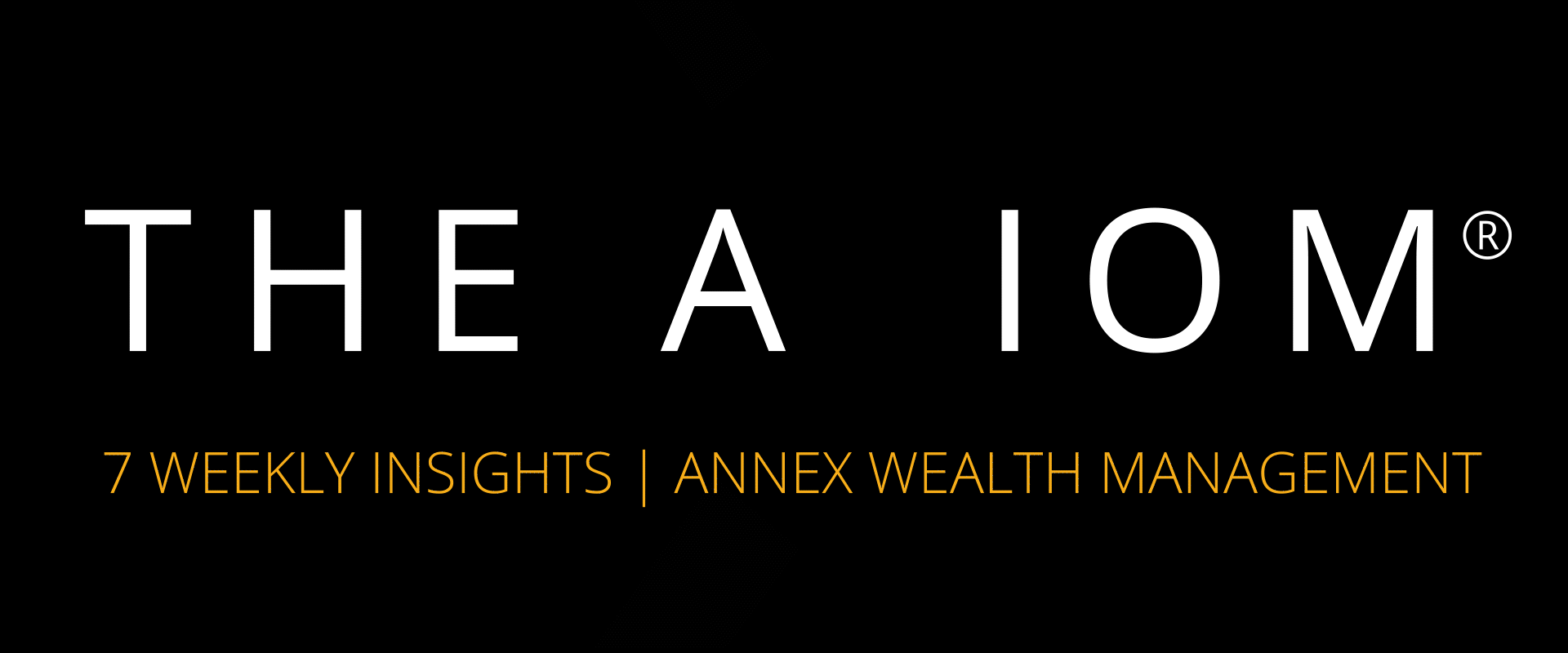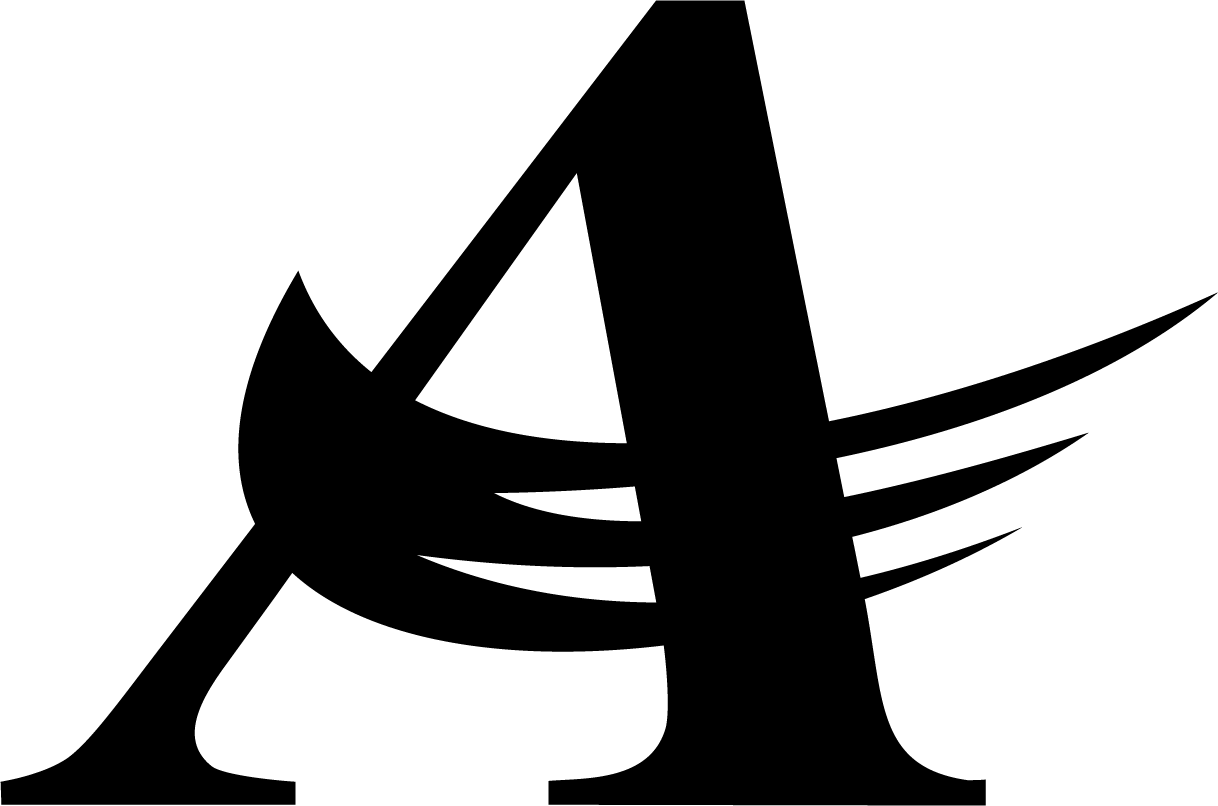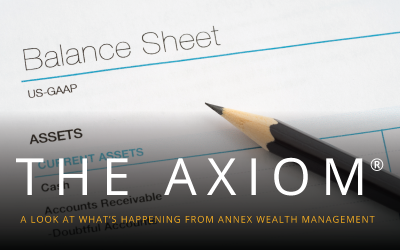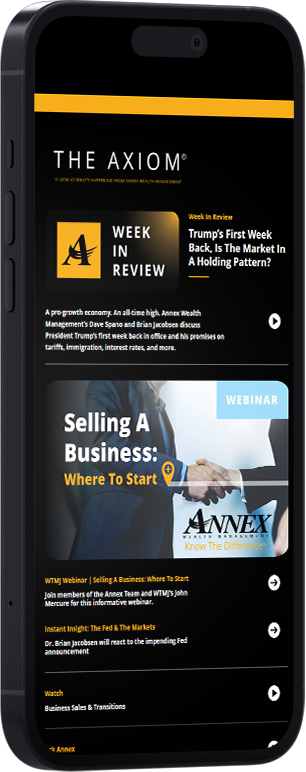
The markets closed higher on Friday, but the week was roiled by historically high CPI and PPI reports. Still, some sectors revealed upbeat earnings reports. Will earnings guidance reflect a slowdown? Annex Wealth Management’s Derek Felske and Danny Clayton discuss.
Oops! We could not locate your form.
BACK TO TOP ↑
Know The Benefits of Roth & Traditional Retirement Savings Accounts

When it comes to saving for retirement, ask yourself an important question: Should I pay taxes now or later? We all wish the government would let us set aside money for retirement and pay no taxes at all on those savings. But reality requires we all pay taxes. When you decide to pay those taxes could have a significant impact on your financial future.
This week’s MoneyDo is to evaluate the benefits of Roth accounts and traditional accounts when it comes to your retirement savings.
Let’s cover the basics:
- With Roth accounts, you pay taxes now when money is contributed. Earnings grow tax-free, and qualified withdrawals come out tax-free.
- Contributions to traditional retirement accounts are pre-tax, which means you get a tax deduction now. Like a Roth account, the earnings grow year-by-year without being taxed. However, you pay income tax when taking money out of the account, which is typically in retirement.
Your goal is to pay taxes in the lower tax brackets. Many folks begin their working career in a lower tax bracket, which often makes your younger years an ideal time to contribute to a Roth account. If you’re in a lower tax bracket than you will be in the future, you’re paying a lower tax rate now than later, when you anticipate being in a higher tax bracket.
However, it’s not easy to predict the future. One of the risks of contributing to a Roth is the uncertainty of what tax rates will be in the future. Younger Roth contributors, who are generally further away from retirement, have time on their side to allow a Roth’s tax-free savings to grow.
There are some rules and requirements surrounding Roth accounts that should be considered. If you contribute to a Roth IRA, some caution needs to be taken to be sure your income doesn’t exceed the threshold for contributing. In 2022, married individuals filing a joint return cannot earn more than $214,000 to be eligible for Roth IRA contributions. If you’re under the income threshold, you can contribute to a Roth IRA at any age, as long as you have earned income.
Since the account is funded with after-tax dollars, there are no income tax deductions for contributions to Roth accounts. There are also no required minimum distributions from Roth IRAs upon attainment of age 72, allowing funds to continue to grow tax free until needed for withdrawal.
As you progress in your career and gain more experience, skills and pay will likely increase. If you’re making more money, it is probable you’ll pay more taxes. In the case of higher income and taxes, it may make sense to contribute to a traditional retirement account. You won’t pay taxes now when you contribute, and money withdrawn from the traditional IRA/401(k) at retirement may fall into a lower tax bracket than your peak earning years.
There are also some features and requirements of traditional retirement accounts to consider. If you contribute to a traditional IRA, some caution needs to be taken to be sure your income doesn’t exceed the threshold for deducting the contribution if you are also an active participant in a qualified retirement plan. A 401(k) or pension plan are examples of common qualified plans.
In 2022, married individuals filing a joint return cannot earn more than $129,000 for contributions to a traditional IRA to be deducted. Also, upon reaching age 72, the government mandates beginning your required minimum distributions and pay tax on those distributions.
Both Roth and traditional retirement accounts are powerful savings tools. It’s important to consider what your expected tax rate will be both now and in retirement. This analysis can help you decide which account type is best for you at your current stage in your life. If you’d like assistance in deciding which is best for you, feel free to reach out to the team at Annex. We’d be happy to help.
BACK TO TOP ↑
Annex Wealth Management’s Sarah Kyle and Randy Winkler, CFP® answer several Ask Annex questions:
“Sarah, you mentioned you previously worked on a trading desk, Warren Buffett buys and holds. What is the percentage of investors who actually do that? When traders jump in and out of equities, doesn’t that create the volatility we’re experiencing?” – Tom
“Please settle an argument. My partner checks investment balances daily, if not more. I didn’t even open up my first quarter statements. What’s ideal?” – Alan
“Is there a preferred past performance metric when doing research on an investment, especially now. Obviously, not YTD, that’s year-to-date. Is life of fund better?” – Hector
“What’s the difference between risk and risk tolerance? I’m not sure I like either.” – Donna
“Is this a time to consider a Roth conversion with the market down?” – Dan
Do you have a question for Annex Wealth Management? Drop it here: annexwealth.com/ask
BACK TO TOP ↑

BACK TO TOP ↑
BACK TO TOP ↑
UPCOMING EVENTS →
BACK TO TOP ↑







